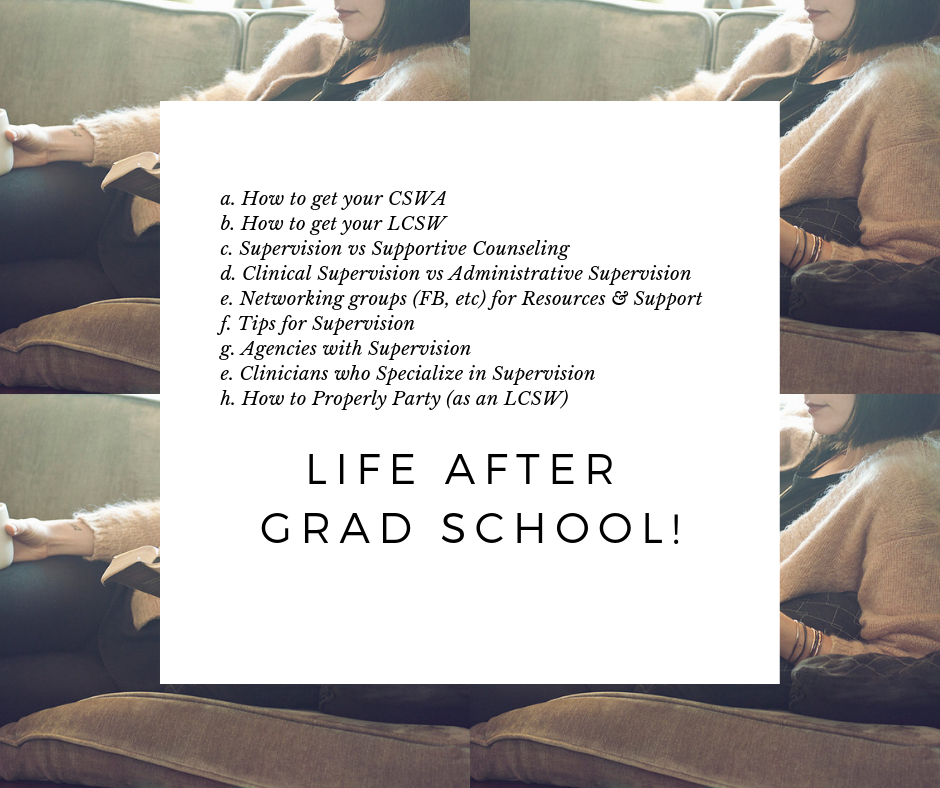For December our clinical supervision groups are covering Polyvagal theory! This effective theory focuses on nervous system states, and helps us better understand ourselves and the clients we serve. Come join in the conversation!
November Clinical Supervision Group Topic: Therapeutic Alliance
This month in our clinical supervision groups we are discussing the therapeutic alliance. The strength of the therapeutic alliance is one of the biggest factors in determining the length, quality, and outcome of treatment. Basically, it’s one of the most important things to pay attention to (and get really good at) in our work. We’ll go over how it’s defined and how to improve it.
October Clinical Supervision Group Topic: Ethics
Our October groups are exploring ethics! Come sip some tea and join the conversation.
September Clinical Supervision Group Topic: Therapeutic Modalities
Our September topic is therapeutic modalities. I want each of you to have a broad overview of the most widely-used mental health therapeutic modalities as you navigate towards your clinical license.
August Clinical Supervision Group Topic: Eliciting Feedback from Clients
Our August Clinical Supervision Group Topic is Eliciting Feedback. Eliciting feedback leads to greater clinical outcomes and client-clinical alliance. Let’s practice our skills together.
Documentation for Clinicians: Mental Status Exams
Mental Status Exams are an important part of your client documentation. Are you doing them in a way that most promotes respect for your client? Most highlights their growth, needs, healing process, and more?
Supervision + Licensing Workshop at Portland State University
If you don’t have your Oregon license yet, come learn about the process and get started on the process.
How to get your WA LICSW Once You Have Your Social Work License Elsewhere
Have your social work license in another state but need your Washington clinical social work license now? You greedy thing. Read on.
Obtaining Your Social Work License in Washington p.2: Choosing a Track
Before you can get your associate license in Washington, you need to decide if you want an advanced license or independent license. Read on to see a table comparing the two.
Obtaining Your Social Work License in Washington p.1: Becoming a Social Work Associate
Wondering how to get your social work license so you can work in Washington? Read here.
Life After Grad School: Portland State University Edition
I’m facilitating a workshop at PSU April 26! Check out the topics, and let me know what else you’d like to hear about. We are going to have some fun.
Self-Compassion for Clinicians
Self-compassion is a way of relating to yourself and your humanity with kindness. Using it personally and professionally will help decrease symptoms of mental illness, particularly in regards to depression and anxiety.











